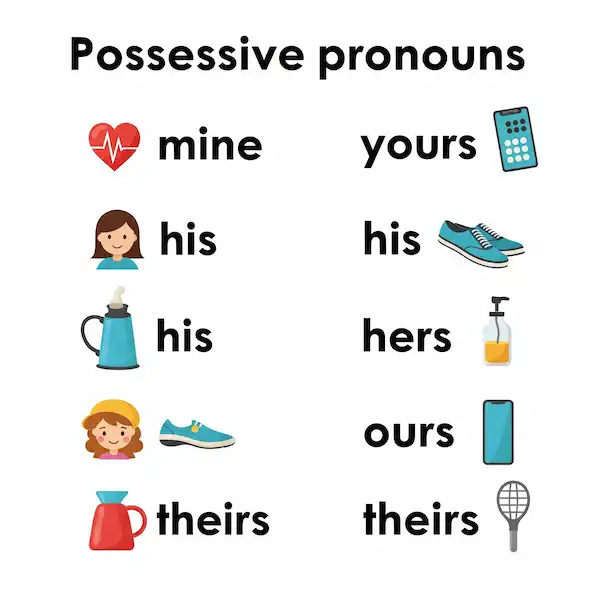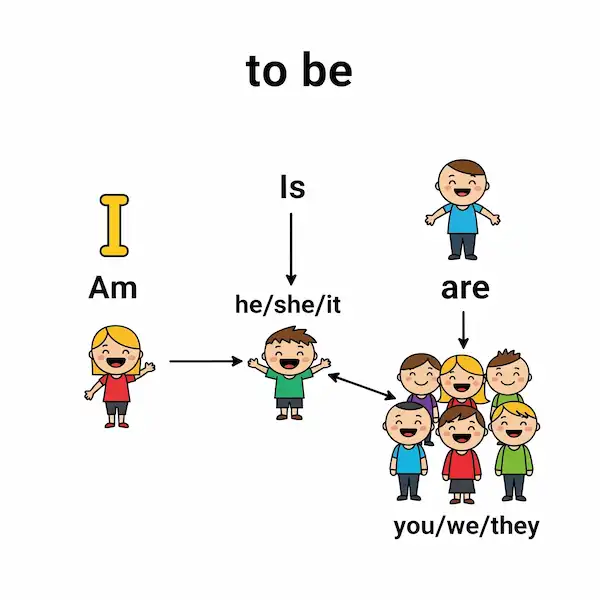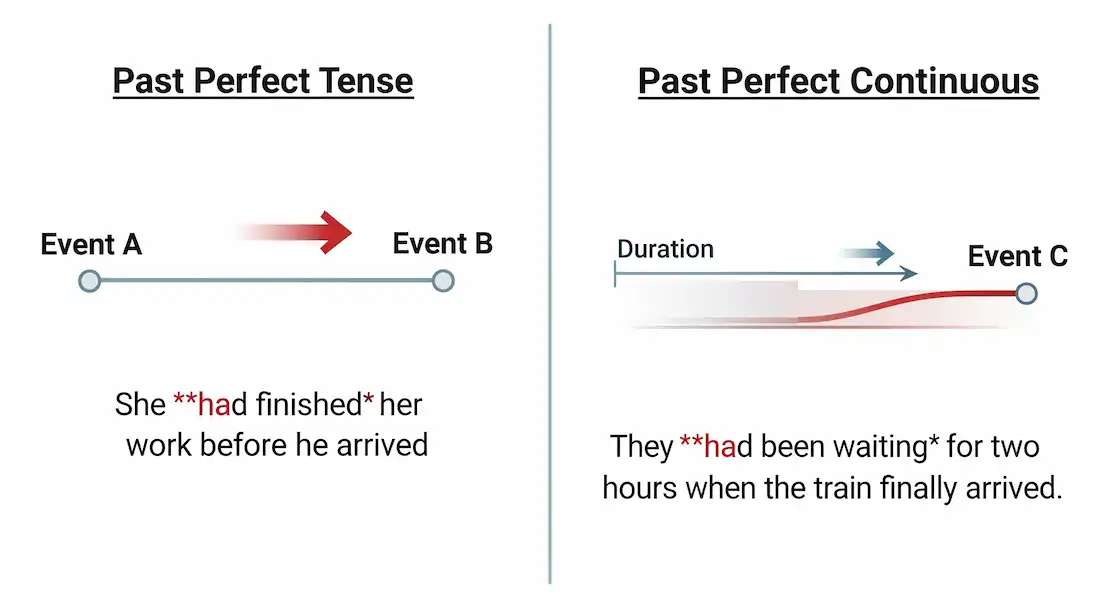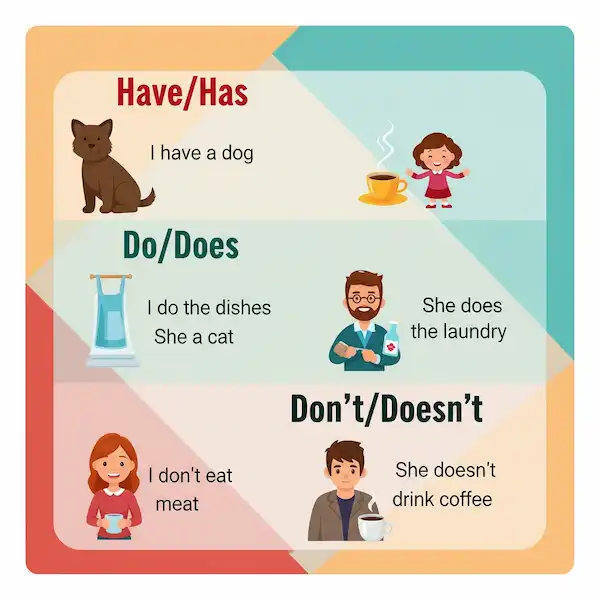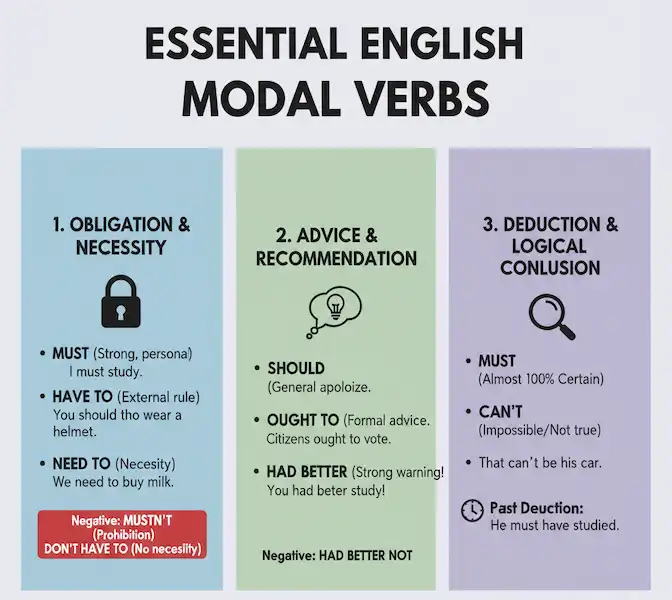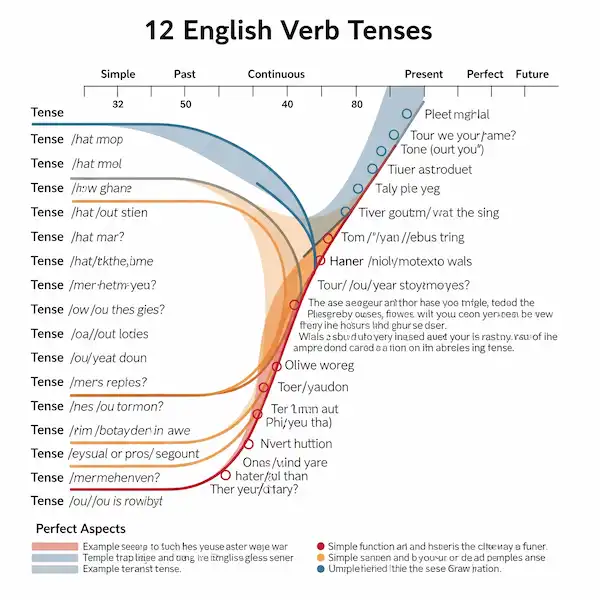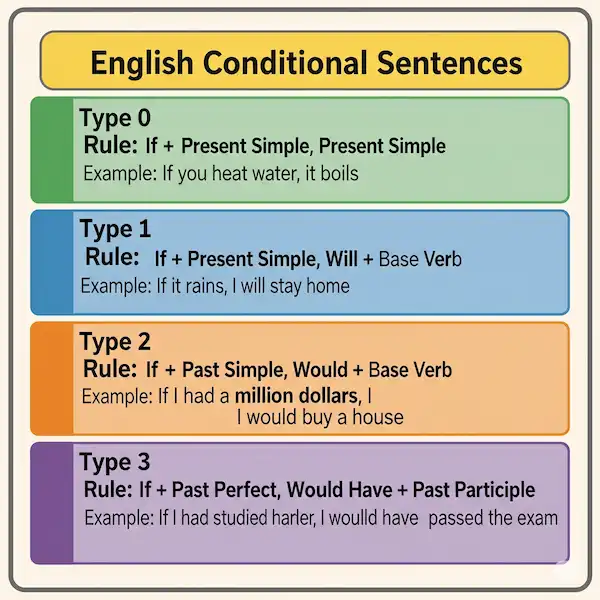Third Person Singular – Add S ES IES to verbs for third person singular pronouns
This article will help you understand a super important rule in English: when to add -S -ES or -IES to verbs in the third person singular. We’ll break it down with simple explanations, lots of examples, and helpful charts. Let’s dive in!
What is “Third Person Singular,” Anyway?
Good question! In English, we have different “persons” for our pronouns:
- First Person:
- Singular: I (the person speaking)
- Plural: We (the speaker and others)
- Second Person:
- Singular: You (the person being spoken to)
- Plural: You (the people being spoken to)
- Third Person:
- Singular: He, She, It (the person or thing being spoken about)
- Plural: They (the people or things being spoken about)
Read more about the definition of first, second, and third persons here – 3rd Person Singular Pronouns
When using verbs with a subject that is a third person singular, you must add “s” “ies” or “es” to the verb.
First person singular subject is “I” and a second person singular subject is “You”. Third person singular subjects are “he”, “she”, or “it”.
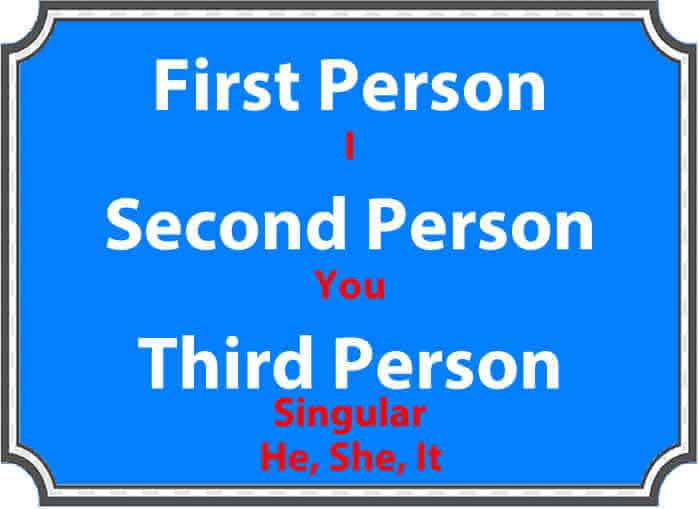
Why Do Verbs Change? The “S” Rule! Add S ES IES to verbs
When you use a verb with he, she, or it (or a singular noun like “John,” “my sister,” “the dog”), you almost always need to add an -s to the end of the verb. This is for simple present tense sentences – things that happen regularly or are generally true.
Think of it like a special signal that tells you who is doing the action!
Let’s look at some basic examples:
| Subject | Verb (Base Form) | Verb (Third Person Singular) | Example Sentence |
| I | eat | – | I eat breakfast every morning. |
| You | eat | – | You eat breakfast every morning. |
| He | eat | eats | He eats breakfast every morning. |
| She | eat | eats | She eats breakfast every morning. |
| It | eat | eats | It eats the food quickly. |
| We | eat | – | We eat breakfast every morning. |
| They | eat | – | They eat breakfast every morning. |
| My brother | eat | eats | My brother eats breakfast every morning. |
See? Only he, she, it, or a singular noun get the “-s”!
When to Add -ES: The Special Sounds
Sometimes, just adding an “-s” doesn’t sound right or is hard to say. That’s why we add -ES!
You add -ES to verbs that end with these sounds/letters:
- -s
- -ss
- -sh
- -ch
- -x
- -z
- -o (for some common verbs like “go” and “do”)
Let’s see some examples:
| Base Verb | Ends With | Third Person Singular | Example Sentence |
| pass | -ss | passes | He passes the ball. |
| wash | -sh | washes | She washes her hands. |
| watch | -ch | watches | He watches TV. |
| fix | -x | fixes | The mechanic fixes cars. |
| buzz | -zz | buzzes | The bee buzzes around. |
| go | -o | goes | She goes to school. |
| do | -o | does | He does his homework. |
| kiss | -ss | kisses | She kisses her baby goodnight. |
Pro Tip: Say these words out loud. Adding “-es” makes them much easier to pronounce!
When to Add -IES: The “Y” Trick
This rule is a bit special and involves the letter “Y.”
If a verb ends in a consonant + Y, you need to:
- Change the “Y” to an “I”
- Add -ES
Remember: Consonants are all letters except A, E, I, O, U.
Let’s look:
| Base Verb | Ends With | Third Person Singular | Example Sentence |
| study | -dy (D is consonant) | studies | He studies English every day. |
| cry | -ry (R is consonant) | cries | The baby cries loudly. |
| try | -ry (R is consonant) | tries | She tries her best. |
| fly | -ly (L is consonant) | flies | The bird flies high. |
| worry | -ry (R is consonant) | worries | He worries about the exam. |
What about Vowel + Y? How to add “s”, “ies”, or “es”?
If a verb ends in a vowel + Y (A, E, I, O, U + Y), you just add -S like normal. No need to change the “Y”!
| Base Verb | Ends With | Third Person Singular | Example Sentence |
| play | -ay (A is vowel) | plays | He plays soccer. |
| enjoy | -oy (O is vowel) | enjoys | She enjoys reading. |
| say | -ay (A is vowel) | says | He says hello. |
Exceptions! Be (verb) different!
The verb “to be” is always a bit special! When using “to be” in the simple present with third person singular, it becomes “is.”
They are happy.
I am happy.
You are happy.
He is happy.
She is happy.
It is happy.
We are happy.
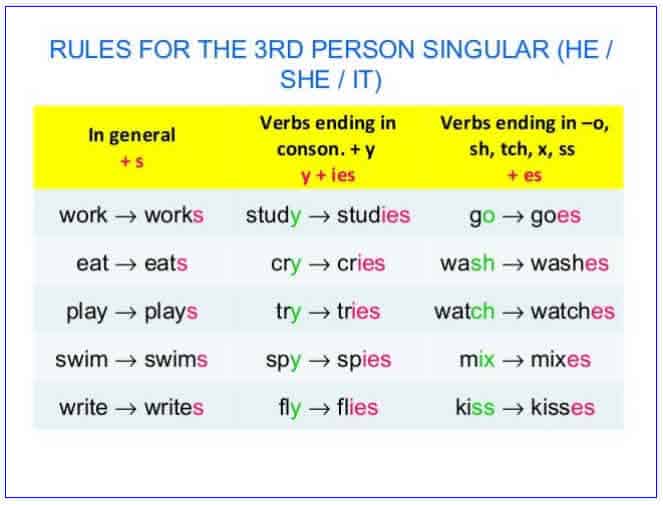
Quick Review Chart! – Add S ES IES to verbs
Here’s a handy chart to summarize everything:
| Rule | Verb Ending | Example Verb | Third Person Singular |
| Most Verbs | Any other letter | walk | walks |
| Add -ES | -s, -ss, -sh, -ch, -x, -z, -o | wash | washes |
| Change Y to I and Add -ES | Consonant + Y | study | studies |
| Just Add -S (No change to Y) | Vowel + Y | play | plays |
| Special Case | to be | be | is |
Practice Makes Perfect!
The best way to get good at this is to practice!
- Read: Pay attention to verbs when you read English books, articles, or even social media.
- Listen: Notice how native speakers use these verbs in movies, songs, or conversations.
- Write: Try writing simple sentences using he, she, or it and make sure you add the correct ending to your verbs.
- Speak: When you talk, try to consciously apply this rule. It might feel slow at first, but it will become natural!
Here is a PDF worksheet you can download to practice with Third person singular sentences. The answers are on a separate sheet.
Additional Helpful Information
- Let’s do a Deep Dive on irregular third-party verbs – Master Irregular Third-Person Singular Verbs
- Read more here – Have/Has, Do/Does, Don’t/Doesn’t
Need More Help? Check Out These Authoritative Sources!
Learning a language is a journey, and there are many great resources out there! Here are some reliable websites that can provide even more information and practice:
- British Council Learn English: A fantastic resource with explanations, exercises, and games.
- Cambridge Dictionary: Not just for definitions, but also has clear grammar explanations.
- Purdue OWL (Online Writing Lab): A very comprehensive resource for all things English grammar and writing.
Keep practicing, and you’ll be speaking and writing with confidence in no time! Happy learning!





